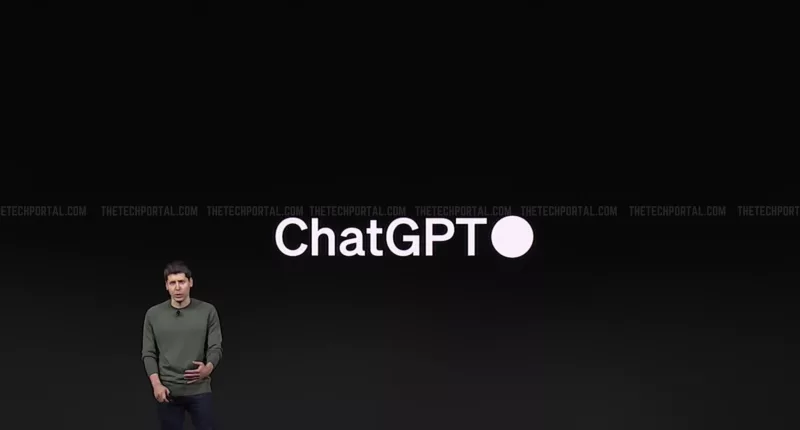OpenAI had kickstarted the current AI race with ChatGPT, the now-widely popular AI chatbot. Since then, other tech companies have taken a page out of OpenAI’s book and rolled out their own AI chatbots – Gemini, Claude, Copilot, Grok, and a multitude of others. Still ChatGPT has remained ahead of them, rising from a mere novelty to an important part of daily lives and productivity, with the latest figures showcase the same.
According to recent media reports, ChatGPT now handles 2.5 billion user prompts each day globally This figure includes around 330 million daily queries originating from users within the US alone.
For comparative context, Alphabet’s Google search engine processes an estimated 13.7 billion to 16.4 billion daily queries. Google’s parent company has disclosed an annual volume of 5 trillion searches, which translates to just under 14 billion per day.
Independent analytical firms such as NP Digital, SparkToro, and Datos, have presented estimates consistent with this range, with some placing the figure at 16.4 billion daily. Despite the numerical disparity, ChatGPT’s adoption trajectory reveals a swift increase in its operational scale.
In December 2024, OpenAI CEO Sam Altman publicly stated that ChatGPT was receiving over 1 billion queries daily. The current data indicates that the daily query volume has more than doubled within approximately eight months, underscoring the rapid expansion of the platform’s user engagement. Rob Friedlander, a spokesperson for OpenAI, has confirmed the validity of the data reported by Axios.
The accelerating rate of ChatGPT utilization potentially presents it as a competitive challenge to established web search providers. Between December and March, the number of weekly users for ChatGPT reportedly increased from 300 million to over 500 million, marking the accelerating adoption.
In addition to this, OpenAI is reportedly developing an AI-powered web browser, something that could directly compete with Google Chrome, according to recent media reports. This prospective browser, potentially named Aura, is believed to be constructed upon Chromium, the open-source platform that also underpins Google Chrome and Microsoft Edge. Such a development would enable OpenAI to integrate its AI capabilities directly into the Browse experience, moving beyond traditional search result displays to offer conversational AI interactions. The company has, in this vein, introduced multiple new functionalities to ChatGPT in recent times as well.
The launch of ChatGPT Agent last week marks another step towards this broader integration, enabling the AI to perform complex, multi-step tasks directly on a user’s computer. This allows the AI to execute actions such as Browse the web, running code, interacting with APIs, and managing tasks within apps like email and calendars, all based on user directives.
OpenAI, it seems, aims to embed AI functionalities deeply into various digital tools, thereby further facilitating its adoption and growth.
For now, ChatGPT has a long way to go, and its current daily query volume continue to remain lower than that of Google. The increase from over 1 billion daily queries to 2.5 billion within an eight-month span serves as an example of this accelerated expansion.
Nonetheless, this development indicates a growing comfort with and reliance on AI tools for a diverse array of tasks, ranging from general information retrieval to complex problem-solving, content generation, and creative endeavors. Users are increasingly integrating AI into their routines, moving beyond mere experimentation to leverage these systems for both personal productivity and professional applications, as evidenced by the rapid increase of the prompts.
The Tech Portal is published by Blue Box Media Private Limited. Our investors have no influence over our reporting. Read our full Ownership and Funding Disclosure →






